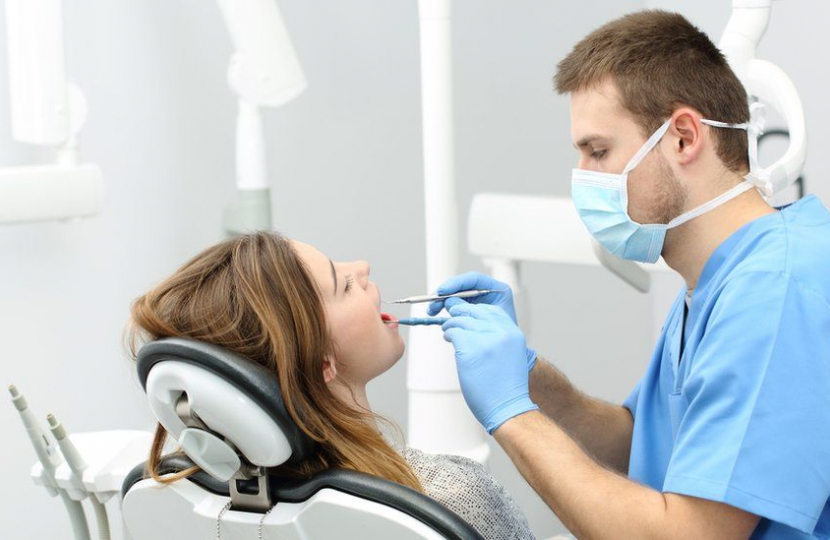
Dental care and access to a dentist is an issue of great importance to us all. I know that many people have experienced great frustration when trying to book appointments, from check-ups to urgent procedures - this needs to change.
In the last two years, like almost every area of our national life, the pandemic caused great disruption to the work of dentists and created large backlogs. Dentistry was particularly affected because Covid is an airborne illness, spread by close contact. Given the difficulties this created for treatment, it was important that we lifted restrictions for dentists as soon as it was safe to do so. This was done as part of the Government’s ‘Living with Covid Strategy’ earlier this year, and I was encouraged to learn from colleagues that many practices are now actually running at pre-Covid capacity.
However, there were also some barriers to accessing dentistry – especially NHS treatment – which existed before the pandemic. The issue is not the number of dentists we have available, for example, between 2008-09 and 2018-19 there has been a remarkable +21% increase in the number of dentists we produce as a country. Rather, the issue is about where and how they work.
The main obstacle to improvement in terms of access has been the NHS contract with dentists. Signed off by the then government in 2006, the contract did not proportionately compensate and incentivise dental practices to take on NHS patients. For example, under the NHS contract, dentists taking NHS work would be paid the same for a simple surgery as they would for a more complicated one, meaning it did not make sense for them to take on more expensive and time consuming procedures. Another issue has been that the amount the NHS paid for dental work varied between different practices and areas of the country. This meant there were whole areas where, again, it did not make financial sense for dentists to provide NHS treatment.
I am pleased to say that, beginning this year, a new contract will come into effect which addresses these specific problems. Pay for NHS work will now reflect the complexity of a procedure, with different awards for different levels of complexity. There will also be a minimum value applied to all treatment in England, ensuring no area is left behind.
In the long term, while the number of dentists in the country is expanding, it is important that our county produces our own dentists because all the evidence suggests that students stay and work in the area where they train. That is why I am pleased to join my neighbouring colleague, Caroline Johnson MP, in calling for a new dental school to be established here in Lincolnshire - setting out a long-term solution to ensuring the supply of dentists in Lincolnshire is secure.

